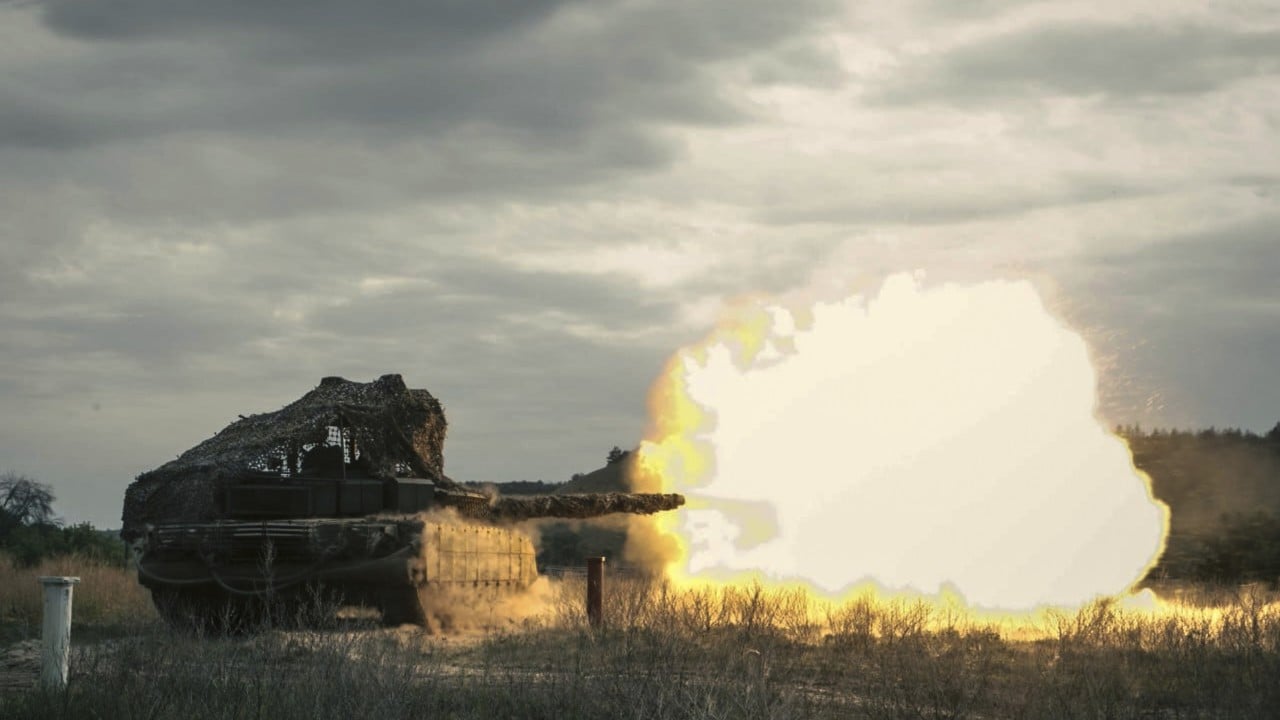Allied talk of sending European peacekeeping forces to protect Ukraine as part of a possible peace deal with Russia has sparked a backlash in Germany, a country still scarred by its militaristic Nazi past, even if the prospect remains remote.
Advertisement
Chancellor Friedrich Merz has signalled openness to German participation in a possible peacekeeping mission in Ukraine while emphasising that such a decision would require coordination with European partners and his own coalition.
He also noted that any troop deployment would likely require a Bundestag mandate, a challenge for a chancellor whose own appointment was only voted through on the second attempt. Russia is fiercely opposed to any troops from the Nato alliance being deployed, and it is far from clear how such a force could work.
Alice Weidel, the head of the surging far-right Alternative for Germany (AfD), accused Merz’s conservatives of warmongering for even considering the idea of ground troops, slamming it as “dangerous and irresponsible”.
Even Merz’s Foreign Minister Johann Wadephul warned sending troops to Ukraine “would probably overwhelm us”.
Advertisement
There is unease in Germany over troop deployments given its Nazi past and more recent deployments to Afghanistan and Mali that were widely seen as failures. There is also a backlash against spending billions of euros on military aid for Ukraine when Germany’s own economy is struggling.

